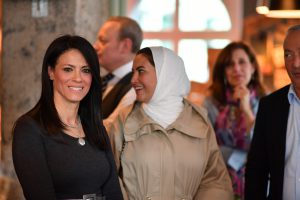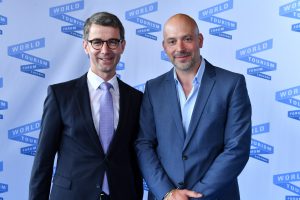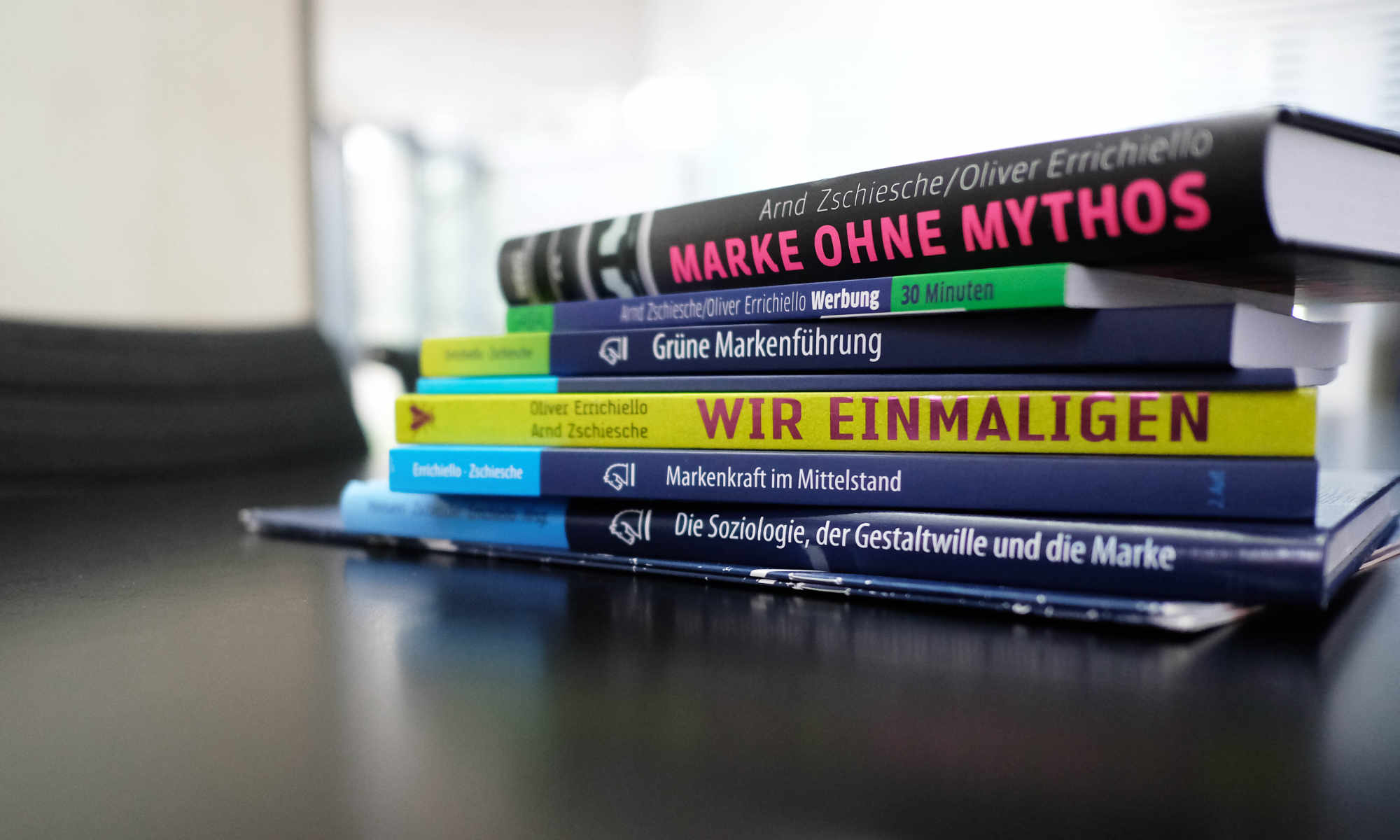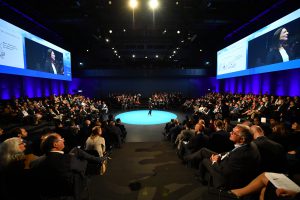
Three energizing days focussed on some of the vibrating buzz-words of our times, the official title: “Human Capital in an Age of Disruption: Talent, Innovation and Diversity.” Big topics getting discussed with “big” experts from the tourism industry and beyond: What are the main challenges for the tourism industry concerning the area of disruption and digitalization? What are the possible targets and the main dangers for the key-players? What are the needs for the industry to prosper and to really make a positive contribution in the region (and society)? For example: What is the possible (positive) impact of the state government concerning the disruption and innovation within the industry of its country?
Some of these topics have been on top of the agenda of many congresses for the last years, but are we really aware of their impact on daily-business-life? What are the skills that (young) people need nowadays, when entering the travel industry?
The question of what the tourism industry could learn from other industries was discussed with Jean-Claude Biver: A living legend of the watch industry and a Swiss hero. His interview was a wake-up-call as he made clear that change is something to embrace. And he told the audience that he cannot wait to see what’s happening when the first people get into leadership-positions that are born in the 21st century.
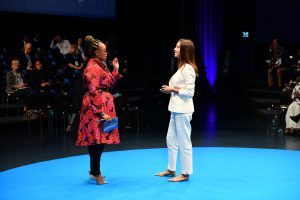
Diversity and Inclusion where other themes that were discussed on stage: What can be done for women with kids that work in the tourism industry – which often includes working hours/shifts that do not go along with the time-schedule of little kids. What can international companies do when making business in countries where fundamental human rights are not valued? Can they make a real contribution to promoting change in these countries on the long run – or is it really all about business?
What about us? The human factor
The human factor is traditionally vitally important within the tourism industry, the question was: What significance will Human Capital have in this upcoming world? Will it still make the difference in tourism? Big questions, not all of them could be solved by the WTFL within these days in Lucerne at the KKL – but all of them were presented and discussed in a very motivating way from encouraging people. Lots of brain food – and a huge “doggy-bag” to take home for thinking…
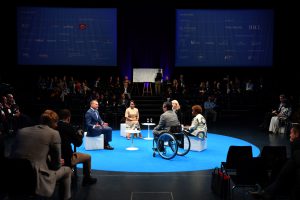
What about Branding and Digitalisation?
Concerning branding, it is obvious that digitalisation is not leaving brands untouched. Companys must adapt their core performance and values to new techniques and channels etc. But it must be the aim to make absolutely clear that no digitalisation or disruption is able to totally change the way humans act, behave and think. Our smart phone makes us behave different to the people hundred or even twenty years ago – but our targets and personal (human) wishes stay quite the same. The targets that we follow by using our digital devices and trying to cope with the information overload are not totally different to the targets, wishes and hopes of people that lived before us. One thing is for sure: The human being is not completely disrupted or abolished by the age of disruption…
(Brand-) Sociology is based on profound evidence that the basic patterns of human behaviour – especially when acting in social contexts – remain constant. The solutions, the support or the help that brands add to our personal life are not abandoned by digitalisation. On contrary: The trust that we have in certain brands is something that is even more valued in times when many things seem to change or when people have the feeling that the world gets more uncertain. This means: Brands have to do their profound job. Hopefully this can be discussed more intensively within the next World Tourism Forum Lucerne in 2021.
